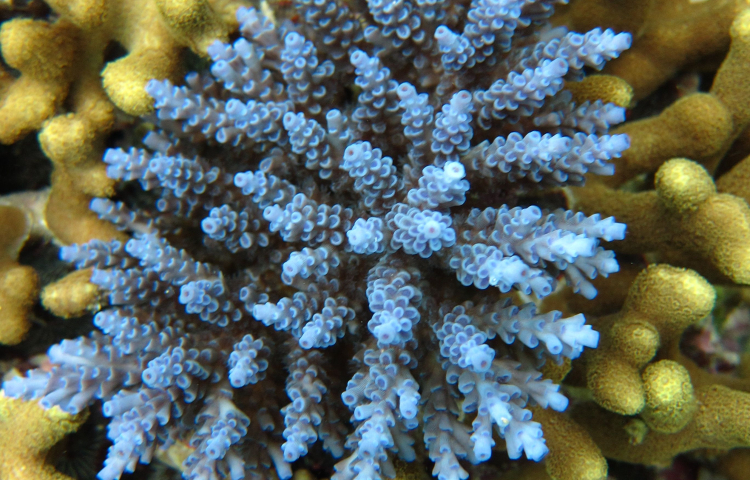“…field biologists are, on the whole, a guild of extraordinary people - smart, passionate, patient, congenial, and physically as well as intellectually tough. Some people admire soldiers, or surgeons, or firemen, or astrophysicists, or medical missionaries, or cowboys. I admire field biologists.” - David Quammen, The Reluctant Mr. Darwin
Our research group employs experimental and observational studies as well as large-scale data syntheses to address how global change drivers impact biodiversity, community structure, and ecosystem function. Although most of our work has been in marine ecosystems, especially coral reefs, we often branch out into terrestrial ecosystems (South African savanna grasslands, North American tall grass prairie, and North American hardwood forests) to search for generality in how ecological processes impact communities and ecosystems. Currently our research has four main themes. First, we focus on understanding the roles of consumers and consumer diversity in affecting ecosystem function across marine and terrestrial ecosystems. Second, we are addressing key questions regarding how overfishing and nutrient pollution impact algal dynamics, regulate coral-microbial interactions, and determine coral health and resilience in coral reef systems. Third, we are asking novel questions about the bottom-up role of fishes as sources of nutrients in coral reef systems and how these consumer-derived nutrients impact coral health and ecosystem processes. Finally, our most recent line of research addresses the context-dependencies that drive coral bleaching, addressing how factors such as nutrient pollution, consumers, coral size and identity, and temperature history affect coral bleaching and mortality.
Lab Statement on Diversity, Equity, Inclusion, and Wellness
In the same way diversity plays a key role in the functioning, health, and resilience of ecosystems, diversity is also critical to the broader scientific community and our lab ecosystem specifically. As a group, we strive to foster an environment that supports diversity as it provides valuable perspectives that help foster creativity and collaboration. We are committed to cultivating a positive lab environment that welcomes scientists of all backgrounds and experiences and contributes to the retention of underrepresented individuals in academic settings. To achieve this goal, we strive to: (1) provide a safe, equitable, and inclusive environment through intentional actions; (2) embrace the diversity of our lab group, both seen and unseen; (3) support each other through the ups and downs inherent to life and a scientific career by promoting mental and physical wellness; and (4) broaden representation in STEM by correcting historical imbalances in opportunity. Through a collective effort, our lab supports and uplifts individuals of all backgrounds in the academic setting.




